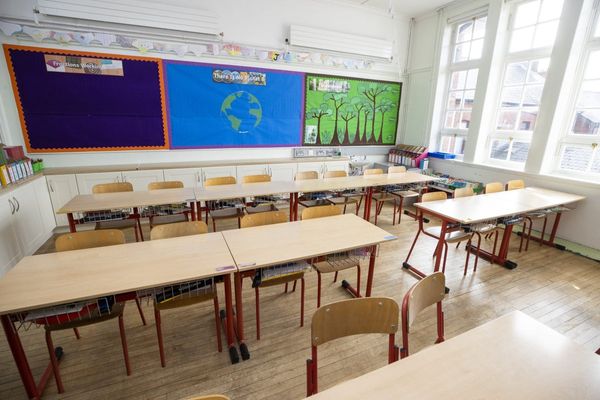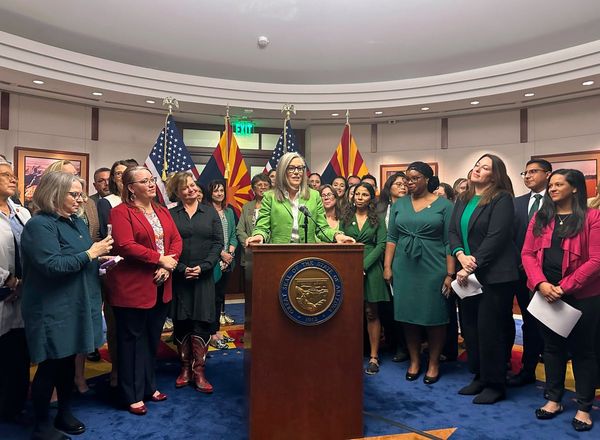
Aeroflot PJSC is targeting a deal for 28 Airbus SE A350 jets by the end of this year, double an initial outline agreement, as Russia’s biggest airline pushes expansion plans buoyed by a recovering economy.
The board authorized the purchase of a second tranche of 14 A350-900s last month, but final terms including cabin configuration, delivery slots and pricing remain to be negotiated, Deputy Chief Executive Officer Giorgio Callegari said in an interview. The total transaction will be worth $8.7 billion at list prices.
Sign-off on the plan would cap a 10-year saga that began in 2007 with an order for 22 A350s and the same number of Boeing Co. 787s. Aeroflot later scrapped the 787 deal and began re-evaluating the Airbus purchase as planes became available from failed rival Transaero Airlines. It’s now ready to go ahead and take the European jets as it adds capacity at a rate of 8 to 12 percent annually over the next few years, spurred by a more stable economy and a stronger ruble that’s encouraged Russians to travel.
“The capacity increase will be disciplined,” with the focus on boosting frequencies on stronger routes rather than adding destinations, said Callegari, who has responsibility for Aeroflot’s strategy and alliances. There will also be balance between domestic and international markets, he said.
State-owned Aeroflot posted a profit of 38.8 billion rubles ($657 million) in 2016 after two years of losses. Passenger traffic jumped 18 percent in the first five months, the Moscow-based company reported Wednesday. Some 34 aircraft are set to join the fleet in 2018, net of planes being retired.
The 325-seat A350-900s will partly replace Airbus A330s coming off lease, and will be deployed in a “quality” cabin configuration” on flights to countries including China and the U.S., Callegari said. The aircraft won’t arrive in time for the soccer World Cup, which Russia hosts next summer, with the first due to be delivered in late 2018.
Sealing the deal would represent a victory of sorts for Airbus, after Aeroflot offloaded the 787 contract to a leasing arm of state-run Rostec last year and canceled positions for eight A350-800s specified in the original accord. Airbus had itself decided not to go ahead with building the smaller model. Callegari said his company has no interest in the 366-seat A350-1000, which had its first flight in November with the initial delivery due to Qatar Airways this year.
Transaero Jumbos
Aeroflot’s current wide-body fleet includes nine Boeing 747s taken from Transaeroand used mainly on tour operator flights to Turkey, where demand has rebounded since 2016 with the dropping of a travel ban imposed after the shooting down of a Russian fighter a year earlier. Five Boeing 777s were also taken from Transaero and are being flown to Russia’s Far East by Aeroflot’s St. Petersburg-based Rossiya arm.
Aeroflot’s low-cost unit Pobeda, founded 2 1/2 years ago, had a load factor of 90 percent in the first four months of 2017 and is continuing to rapidly expand its all-Boeing 737-800 fleet, Callegari said. Four of the narrow-bodies will arrive this year, with eight due in 2018 and six in 2019, to take the total to 30 planes out of a planned 45.
Based at Moscow’s Vnukovo airport, Pobeda is focused on point-to-point leisure traffic from smaller Russian cities. It serves a handful of destinations in Germany and Italy but is unlikely to push much further west, Callegari said, since the 737s lack the range for Moscow-Barcelona flights, for example.
Revised air services treaties with countries including France, Italy and Finland will give Aeroflot scope for extra operations, he said. It now operates six daily waves of departures from Moscow’s main Sheremetyevo airport after passenger numbers grew to 44 million last year from 14 million in 2011, aided by the consolidation of some weaker rivals and the collapse of others. The fleet stood at 295 planes as of May 31, including 197 at the main brand.
To contact the reporter on this story: Christopher Jasper in London at cjasper@bloomberg.net.
To contact the editor responsible for this story: Chris Reiter at creiter2@bloomberg.net.
©2017 Bloomberg L.P.







